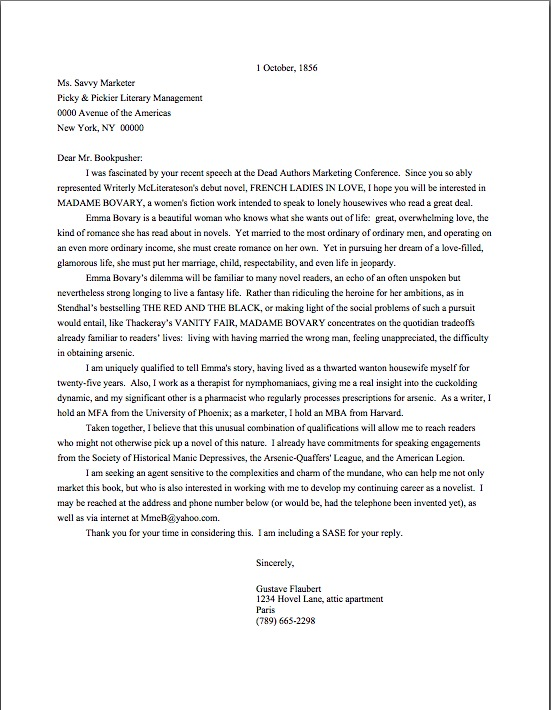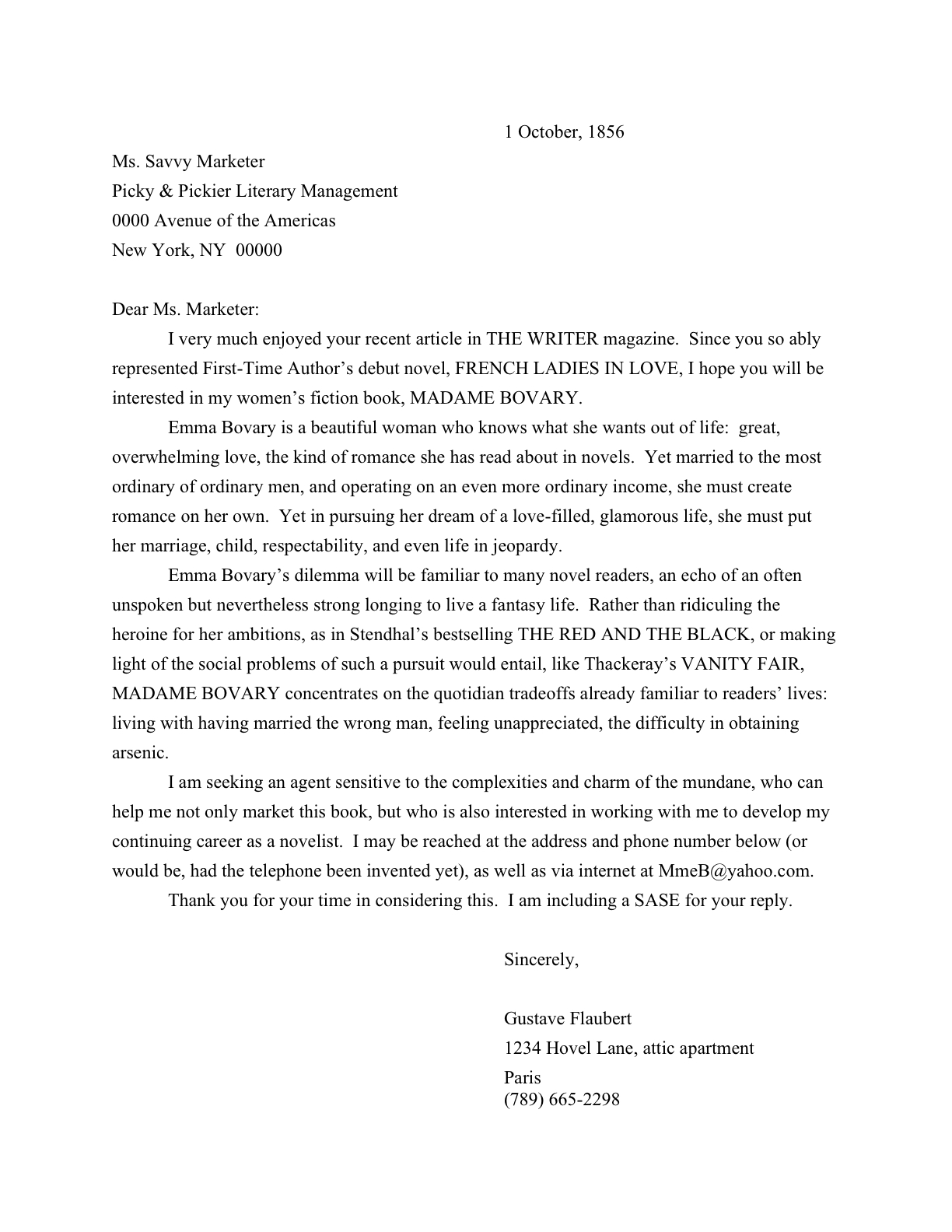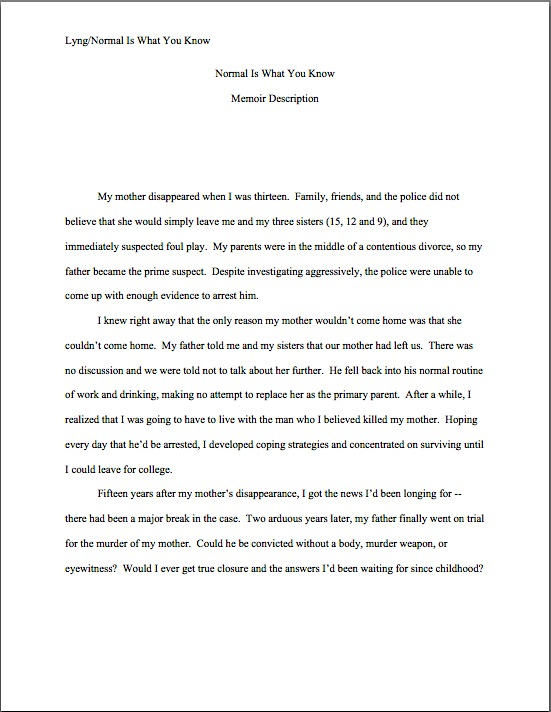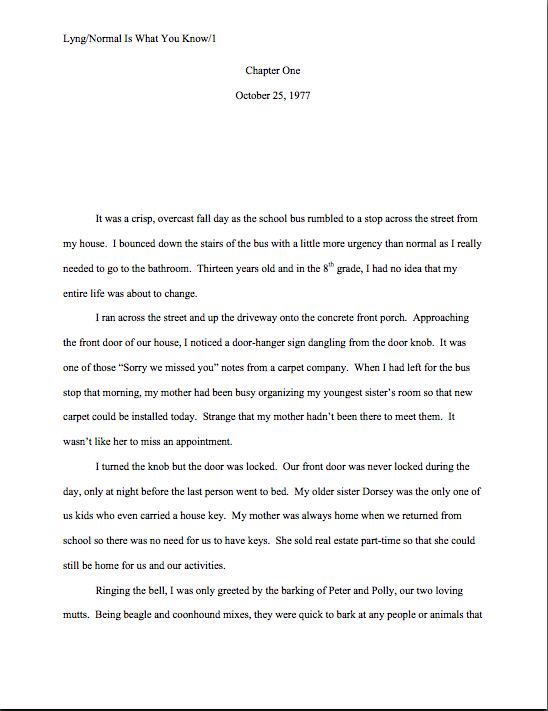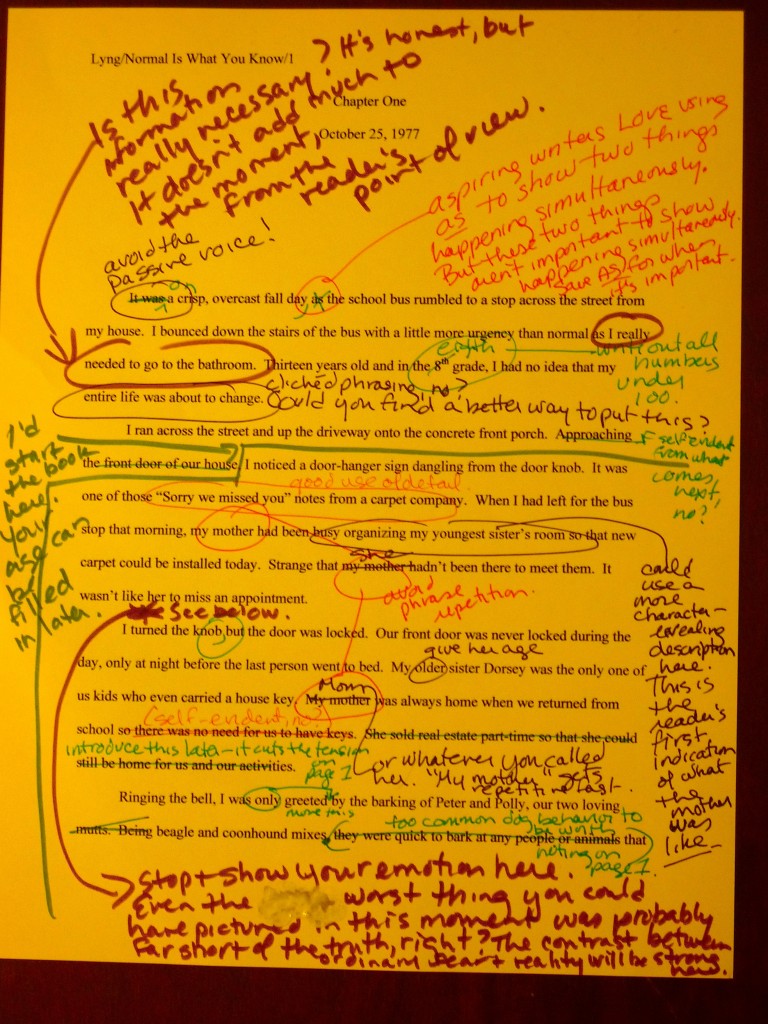
Today, I’m going to wrap up the synopsis troubleshooting checklist — you didn’t think you would get off with only two posts’ worth of admonishments, did you? Actually, I’m going to be heaping even more synopsis-polishing information upon you than that over the weekend: while it was a teensy bit ambitious of me to think we would polish off Synopsispalooza by Sunday evening, I do think we can polish it off early next week, provided that I post twice per day this weekend.
Stop groaning. Checking in twice per day may not be a picnic, admittedly, but there’s going to be some dandy goodies in this weekend’s pic-i-nic baskets, as Yogi Bear used to say.
What kind of goodies, you ask? After the last few posts’ emphasis upon how to prune and reshape an already-existing synopsis draft, I shall be turning my attention to how to take a plus-sized plot and present it compellingly on the synopsis page. By popular request, I am going to make a j a 5-page, 3-page, and 1-page synopsis for the same book, to help give those of you new to the game a clearer idea of the scope of each.
Yes, that’s right: tomorrow morning, I’m VOLUNTARILY sitting down and writing three separate synopses of the same story. Perhaps more, if I can figure out a way to fit the story into a different book category. Then, tomorrow evening, I shall be performing the same feat for memoir, followed by a Sunday morning command performance of non-memoir nonfiction.
Ah, the things I’m willing to do to convince you fine people that this gets easier with practice. Believe me, when I first started off, writing that many synopses would have taken me months.
So it should be an exciting few days of synopsis-mongering here at Author! Author! To start the weekend off on the right conceptual foot, let’s review the questions we’ve already asked ourselves about any synopsis draft we might happen to have handy.
(1) Does my synopsis present actual scenes from the book in glowing detail, or does it merely summarize the plot?
(2) If the reader had no information about my book other than the synopsis, would the story or argument make sense? Or is more specific information necessary to render the synopsis able to stand alone?
(3) Does the synopsis make the book sound like a good story? Does it hang together? Does this presentation make me eager to read it?
(4) Does the synopsis tell the plot of the book AS a story, building suspense and then relieving it? Do the events appear to follow logically upon one another? Is it clear where the climax falls? Or does it merely list all of the events in the book in the order they appear?
(5) Have I mentioned too many characters in the synopsis? Does each that I mention come across as individually memorable, or are some mentioned so quickly that they might start to blur together in the reader’s mind?
(6) If this synopsis is for a novel, is it clear who the protagonist is — and that s/he is the most interesting person in the story?
(7) Does my protagonist/do my protagonists come across as an interesting, unusual person(s) involved in an intriguing, unpredictable, and unusual situation?
(8) Does the synopsis make it plain enough how not only that the protagonist isn’t dull, but how? If a reader had no other information than what’s on the memoir page, would he be aware s/he is different from every other potential protagonist out there? What quirks render her or him fascinating on the page? What about her/his situation is unique?
(9) In a memoir synopsis, is it clear who the protagonist is? Does s/he come across as an interesting, unusual person involved in an interesting, unusual situation?
(10) In either a novel or a memoir synopsis, is it clear what the protagonist wants and what obstacles are standing in the way of her getting it? Is it apparent what is at stake for the protagonist if she attains this goal — and if she doesn’t?
(11) In a nonfiction synopsis that isn’t for a memoir, is it clear what the book is about? Does the subject matter come across as interesting, and does the synopsis convey why this topic might be important enough to the reader to make him/her long to read an entire book about it?
(12) Does my synopsis make the book sound just like other books currently on the market, or does it come across as original?
(13) If the book is fiction, does my synopsis make the story I’m telling seem plausible?
(14) If my book is nonfiction, does it come across as both plausible and as though I’m a credible source?
Is everyone happy with all of those? More importantly, is everyone’s synopsis happy with all of those? For the sake of getting on with it, I’m going to assume that the answer is a resounding, “By gum, Anne, YES!” But if you have any questions about what I’ve covered so far, please feel free to bring ‘em up in the comments.
Let’s move on, shall we? All of the following apply equally well to a synopsis intended to rest within a query packet, a submission packet, and a contest entry, by the way.
(15) Does the synopsis’ tone and voice echo the tone and voice of the manuscript?
We talked about this a bit in our recent Querypalooza discussion of the importance of the descriptive paragraph in a query letter: it’s extremely helpful if the query and synopsis give some indication of the language and tone of the manuscript, if that’s humanly possible. The vast majority of the time, it is — but you’d never know it to read the average synopsis or query letter.
Why? Well, as we’ve discussed earlier in this series, the overwhelming majority of query, submission, and contest synopses fall into four categories:
a) replicas of back-jacket blurbs, ostensibly more concerned with praising the manuscript than describing it. (As in: this is the best book about mollusks since the bestselling SHELLFISH AND YOU!)
b) generalization-ridden, list-like documents apparently devoted to cramming the greatest amount of plot points into the least possible space. (One day, Janet walks down to the pier, gets kidnapped by pirates, and spends the next twenty-seven years boxing up and shipping out plunder. She gets abandoned on a desert island, builds a tree fort, and makes friends with the local ape population. She gets rescued, moves to Lithuania, and marries the crown prince.)
c) seemingly random collections of characters and events evidently thrown together at the last possible nanosecond, regardless of whether it hangs together as a story. This group is often characterized by the vaguely hysterical tone of the clock-watcher. (Mortimer is a barista. {Insert paragraph about espresso here.} Angela is a pearl diver. {Insert paragraph about diving for pearls here.} Terence is a first-grade teacher. {Insert paragraph about tot-teaching here. Then add on the last line of the 1-page synopsis:} They all unwittingly get embroiled in a bank robbery.)
d) grimly literal presentations of the story, apparently told through the gritted teeth of someone being forced to leap through a pointlessly flaming hoop and pretend he likes it. (Kenneth longs to be a drum major, but so does his archrival, Ernest. Complications ensue. May I get back to my actual writing now?)
All of these popular approaches to synopsis-writing miss the central point of the exercise: whether a synopsis is intended to grace a query packet, a submission, or a contest entry, its primary purpose is to convince the reader that this is a manuscript worth reading — and that the writer is a talented crafter of prose. Neither self-praise, generalities, poor storytelling, or the minimal possible effort are particularly likely to achieve either of those goals.
Instead, why not try telling your story in the voice and vocabulary you use in the manuscript? It tends to give Millicent a stronger sense of the writing in the book. And that’s important in a synopsis, because — well, you know the tune by now, Synopsispalooza faithful: every syllable a writer submits to an agency or contest is a writing sample.
A forest of hands just sprouted up out there. “But Anne,” perplexed synopsis-revisers everywhere protest, “I’m a novelist. If I were a specialist in brevity, I would write short stories or poetry instead. So how can I show off the genuine literary talent that shines so beautifully on a manuscript page in a piece as short as a query, submission, or contest synopsis?
Glad you asked, length-lovers. Here’s a trick o’ the trade.
(16) Does the first couple of paragraphs of my synopsis contain an indelible image that the reader can take away, rendering my work memorable?
Since part of the goal in a synopsis is to convince a reader that the manuscript is fresh, unique, and well-written, wowing her with the first paragraph is essential. So wiggle your way into Millicent’s moccasins and ask yourself: does the opening of the synopsis contain something both unique and memorable? A vivid sensual image, for instance? A surprising juxtaposition of words? A fresh emotional dilemma?
In short, something that she hasn’t already seen — preferably never, but at least not within the hour.
Don’t tell me, please, that there’s something terrific at the bottom of the page, or that if Millie will only have the patience to make it to the middle of page 3, she’ll be hooked. All of that may well be true, but remember, you can’t be sure that Millicent will make it to page 3, or even the bottom of the page.
Why, you exclaim in horror? Long-time readers of this blog, pull out your hymnals and sing along: professional readers tend to stop reading as soon as they’ve reached a conclusion about a submission or contest entry. If a synopsis does not give them a strong reason to keep reading — unexpected plot twists, for instance, or an interesting protagonist in an interesting dilemma — they probably will not read it in its entirety.
This isn’t a matter of laziness, meanness, or a hatred of literature — Millicent has to get through a lot of these in any given workday. So as with a contest entry, screeners tend to pass judgment upon synopses pretty fast. Also, in order to approve a query or submission for continuing on to the next step of the screening process, screeners often need to be able to describe the book in just a sentence or two. Giving Millicent (or a contest judge) a fantastic detail will make that part of her job significantly easier.
Trust me, you want to make her job easier.
Still want to believe that she’ll read on if the writing is good enough? Okay, let’s assume for a moment that she will. (Although 9 times out of 10, she won’t.) Let’s further assume that she likes what she sees when she does read on. Which would you rather be, the synopsizer whose pages prompt Millie to run into her boss’ office and cry, “Wow, I’ve just seen an image I’ve never seen before!” or the one whose synopsis requires two minutes of explanation about why it caught her interest?
Believe me, Millicent isn’t the only one who keeps glancing at her watch. Her boss’ timepiece is set even faster than hers.
What you most emphatically do not want to do — oh, you may think you do, but it’s not in your best interest — is to make your job as a synopsizer easier by simply reusing text from the first chapter of the book. Especially, as synopsis-writers for contests so often do, by recycling the opening paragraph of the book.
Which leads me to…
(17) Does the opening of the synopsis read too like the opening of the book?
This may make some of you giggle — this checklist has been a real laugh riot, hasn’t it? — but you wouldn’t believe how often the first paragraph or two of manuscript are identical to the first paragraph or two of its synopsis. Yes, even in contest entries, where the synopsis and chapter are almost invariably read within the same sitting. Strategically, that’s just not very bright, in a context where a writer is trying to prove within a scant allotment of pages that it’s worthwhile to read his entire book.
Millicent and her ilk tend to regard this as a symptom of authorial laziness, but I suspect that there is usually more to it than that: I think that aspiring writers, having slaved to create a memorable opening for their books, often regard those opening paragraphs as some of their best writing. If it really is so, they reason, why not feature it in a document where it’s likely to do them some good?
If you believe nothing else I tell you today, please believe this: it won’t do you any good. People in the publishing industry tend to remember what they’ve read, especially within the last 15 minutes. Make sure every sentence you submit within a packet is different.
Perhaps this goes without saying, but you should also make sure each sentence is well-written. Oh, you may laugh, but all four of the most popular synopsis-styles we discussed above are conducive to pages on end of simple declarative sentences, each a structural carbon copy of the one before it. And had I mentioned how often synopses read like lists of plot points?
The writing actually does matter here. Which brings us to…
(18) Does this synopsis avoid clichés entirely? Is it also free of jargon and sentences in the passive voice?
Remember, just because a synopsis is short does not mean that Millicent will necessarily read it in its entirety. A synopsis crammed with hackneyed phraseology (like, say, Arleen had come to the end of her rope and was ready to throw in the towel because her heart was broken. Yet straining her last nerve, she gave 110% and made it over the finish line.) is a positive invitation to a busy pro to stop reading. So is a synopsis crammed full of jargon.
Yes, even if that jargon is authentically the way people in your protagonist’s line of work speak. While industry-specific terminology can make dialogue ring true (“Metzenbaum scissors, nurse, stat!”), it isn’t usually an adequate substitute for vivid description in a synopsis. Or in a narrative paragraph in a manuscript, for that matter. Save the jargon for the time when it will have the most effect: not in the synopsis.
And everyone is aware, I hope, that almost universally, the passive voice is considered poor writing by the pros? So if you want to impress Millicent with your writing talent, you should actively eschew sentences like that last one.
(19) Is my synopsis in the present tense and the third person, regardless of the tense and voice of the book itself? For a memoir, is it in the first person and past tense?
Yes, we’ve gone over this before in Synopsispalooza, but it bears repeating. This is one of those secret-handshake things that render a rookie’s submission so apparently different from an experienced writer’s, from Millicent’s perspective: a professional synopsis is ALWAYS in the present tense and third person, unless the book in question is a memoir.
Yes, even if the book being synopsized is written in the first person. Don’t bother to try to fight this one; it’s just a convention of the trade.
(20) If the synopsis is longer than one page, are its pages numbered?
Even after years of reading synopses intended for both submission and contest entry, I remain perennially shocked at how few of them identify either themselves or the author. I can only attribute this pervasive tendency to a faith in the filing systems of literary agencies and volunteer contest-organizing entities that borders on the childlike.
Why do I attribute this to faith, and not to, say, laziness? Well, like everything else in a manuscript or book proposal, the synopsis should not be bound in any way; like pretty much everything else on earth, paper responds to gravity.
Translation: things fall; pages get separated, and some luckless soul (generally, the person under Millicent on the agency’s totem pole, if you can picture that) is charged with the task of reordering the tumbled pages.
Place yourself in that unhappy intern’s Doc Martens for a moment: given the choice between laboriously guessing which page follows which by perusing content, and pitching the whole thing (into what we devoutly hope is the recycling bin, but is probably merely the overloaded wastepaper basket) and moving on to the next task, which would YOU choose?
Okay, so maybe you’re ultra-virtuous. Allow me to rephrase: what if you were Millicent, had 20 other submissions to screen before lunch, and had just scalded your tender tongue on a too-hot latte?
Even if you cried, “Of course I would take the time!” both times, Pollyanna Karenina, don’t rely upon the kindness of strangers. Especially busy ones who have been trained to believe that unnumbered pages are unprofessional in a submission. Make it easy to put the pages back in the proper order.
(21) Does the first page of the synopsis SAY that it’s a synopsis? Does it also list the title of the book, or does it just begin abruptly? And does every page of the synopsis contain the slug line AUTHOR’S LAST NAME/TITLE/SYNOPSIS/#?
Standard format for a synopsis dictates that the title (either all in caps or bolded) is centered at the top of the first page of the synopsis, with “Synopsis” on the line below it. Then skip one double-spaced line, and begin the text of the synopsis.
Having trouble picturing that? Here’s a crib for the visually-minded:
Looking familiar, I hope? And is everyone clear on why those paragraphs absolutely must be indented in order for Millicent to take a gander at it at all?
If it seems a bit silly to tell the nice people who asked you to send a synopsis that what they’ve got in their trembling hands is in fact a synopsis, remember that in a largish agency, the person who requests a submission is often not the person who subsequently reads it. Not the first person, anyway.
Even if it were, from the envelope-opener’s perspective, being expected to recall one request for further materials from — how long? Perhaps a month? — before is tantamount to being asked to guess how many fingers the author is holding up.
In Nebraska, when the guesser is standing in midtown Manhattan. Don’t make ‘em guess.
(22) Is the synopsis absolutely free of errors of any kind? Not just what your word processing software tells you is an error, but an actual error?
Naturally, like every other piece of paper you intend to send anywhere near an agency, you should both spell-check and read the ENTIRETY of your synopsis IN HARD COPY, ALOUD, before you send it anywhere.
Period. No excuses. I’m not listening.
Why double-up on the proofing? 95% of writers — and 99.99998% of non-writers — fall into the trap of thinking that if a document passes muster with their computers’ spelling and grammar checkers, it must therefore be spelled correctly and grammatically sound. That is, alas, generally not true. Word processing programs’ dictionaries are NOTORIOUSLY inaccurate — and often surprisingly outdated. I am fascinated by the fact that mine evidently does not contain any words that relate to the Internet or computer operations.
Don’t believe me? At this point in human history, should I really have had to introduce blogger into my spell-checker’s vocabulary?
And don’t even get a professional editor started on the chronic inadequacies of most word processing programs’ grammar checkers. Mine disapproves of gerunds and semicolons, apparently on general principle, strips necessary accent marks off French words, leaving them obscenely naked, and regularly advises me to use the wrong form of THERE. (If anybody working at Microsoft does not know the ABSOLUTELY IMMUTABLE rules governing when to use THERE, THEIR, AND THEY’RE, I beg you, drop me a comment, and I shall make everything clear.) When I was not looking, it incorrectly changed a word in this very blog post from here to hear.
Get thee behind me, Bill Gates.
Editors like to fantasize about the special circle of hell reserved for those amoral souls who teach our children that the differences between these don’t matter. I’ll spare you the details, but they include the constant din of fingernails on chalkboards, a cozy relationship with angry skunks, and the liberal application of boiling oil to tender parts.
Grammar checkers also typically butcher dialogue, especially if it contains necessary slang. Suffice it to say, most standard word processing spelling and grammar checkers would condemn the entirety of Mark Twain’s opus outright.
My point is, like a therapist who doesn’t listen well enough to give good advice, a poor grammar checker cannot be sufficiently disregarded. Even in the unlikely event that your grammar checker was put together by someone remotely familiar with the English language as she is spoke, you should NEVER rely solely upon what it tells you to do.
Read the manuscript for yourself. And if you’re in doubt on a particular point, look it up. In a well-regarded dictionary, not on the Internet: contrary to popular opinion, most search engines will list both the proper spelling of a word and the most common misspellings. There is no gigantic cosmic English teacher monitoring proper spelling and grammar on the web.
So get up, walk across the room, and pick up a physical dictionary, for heaven’s sake. After so much time spent sitting in front of a monitor, the walk will do you good.
(23) Are all of the proper nouns spelled correctly?
You’re chortling again, are you not? Don’t: this is a perennial agents’ pet peeve, and with good reason. Believe it or not, misspelled cities, states, and even character names are rife in synopses.
Why? Because these are words often omitted from standard spell-checkers — or are entered with a number of possible variations. So unless you have inserted all of the proper nouns in your work into your spell-checker’s memory, it will often overlook the difference between your elegant heroine, Sandy, and that trollop who wandered into your synopsis unbidden, Sandie.
Quadruple-check all character and place names before you tuck that synopsis into an envelope. Seriously.
(24) Does this synopsis read like this manuscript will fit well into its chosen book category?
Again, we discussed this one at length in Querypalooza, so I shan’t go on about it here. Suffice it to say that the last thing any sane querier, submitter, or contest entrant should actively desire a professional reader to murmur over her synopsis is, “Wow, this doesn’t read like a {fill in book category here} at all.”
(25) Does the synopsis read as though I am genuinely excited about this book and eager to market it, or does it read as though I am deeply and justifiably angry that I had to write a synopsis at all?
Yes, I’ve talked about this one before — and as recently as earlier in this post — but it’s often not as visible to the author as it is to a third party. This is a subtlety, a matter of tone rather than of content.
So once more, with feeling: writerly resentment shows up BEAUTIFULLY against the backdrop of a synopsis, even ones that do not breathe an overt word about marketing. The vast majority of synopses (particularly for novels) simply scream that their authors regarded the writing of them as tiresome busywork instituted by the industry to satisfy some sick, sadistic whim prevalent amongst agents, a hoop through which they enjoy seeing all of the doggies jump.
If you have even the vaguest suspicion that your synopsis — or, indeed, any of your marketing materials — may give off a even a whiff of that attitude, hand it to someone you trust for a second opinion.
Made it through all of the questions above? After you have tinkered with the synopsis until you are happy with all of your answers, set your synopsis aside. Stop fooling with it.
Seriously, there is such a thing as too much tinkering: make it sound good, and leave it at that. Then, just before you send it out, read it again (IN HARD COPY and OUT LOUD, of course), and ask yourself a final question:
(26) Does my synopsis support the image of the book I want the requesting agent or editor to see? Would it be worth my while to modify it slightly in order to match more closely to what I told this sterling individual my book was about?
”Wait!” I hear some sharp readers out there cry. “Is Anne saying that it’s sometimes a good idea to tailor the synopsis to the particular agent or editor? Catch me — I’m about to faint with surprise!”
Well caught, ironic fainters. Yes, I am the queen of specialized submission packets. Down with genericism, I say!
It’s just common sense, really. If you heard an agent or editor expresses a strong personal preference for a particular theme or style in her speech at an agents’ and editors’ forum or during a pitch meeting, isn’t it just common sense to tweak your already-existing synopsis so it will appeal to those specific likes? If your dream agent let slip in your meeting that she was really intrigued by a particular aspect of your story, doesn’t it make sense to play that part up a little in the synopsis?
A word of warning about pursuing this route: do NOT attempt it unless you have already written a general synopsis with which you are pleased and have saved it as a separate document. Save your modified synopsis as its own document, and think very carefully before you send it out to anyone but the agent or editor who expressed the opinions in question.
Why? Well, contrary to popular belief amongst aspiring writers and as I have been pointing out for several years now in this very forum, agents and editors are not a monolithic entity with a single collective opinion on what is good and what is bad writing. They are individuals, with individual tastes that vary wildly, sometimes even moment to moment — and certainly over the course of a career.
Think about it: was your favorite book when you were 13 also your favorite book when you were 30? Neither was any given agent’s.
And isn’t your literary opinion rather different on the day you learned that you were being promoted at work and the day that your cat died? Or even the moment after someone complimented your shirt (that color brings out your eyes, you know, and have you lost a little weight?), as opposed to the moment after you spilled half a cup of scalding coffee on it?
Again, what’s true for you is true for any given agent, editor, or screener: a LOT of factors can play into whether they like the pages sitting in front of them right now. As the old international relations truism goes, where you stand depends upon where you sit.
Bear this in mind when you are incorporating feedback into your synopsis — or, indeed, any of your work. Just because one agent (or an editor, or a contest feedback form, or every last member of your writers’ group, or the Wizard of Oz) has advised you to tweak your story this way or that, it doesn’t necessarily mean everyone in the industry will greet that tweak rapturously.
Use your judgment: it’s your book you’re synopsizing, after all. But by all means, if you can modify your synopsis for the SPECIFIC eyes of the individual who expressed the particular opinion in question, do it with my blessings.
Next time, we’re going to tackle the entire proverbial ball of wax: starting with a whole story, boiling it down to its essentials, and serving up the result on the synopsis page. Tune in tomorrow, campers, and keep up the good work!
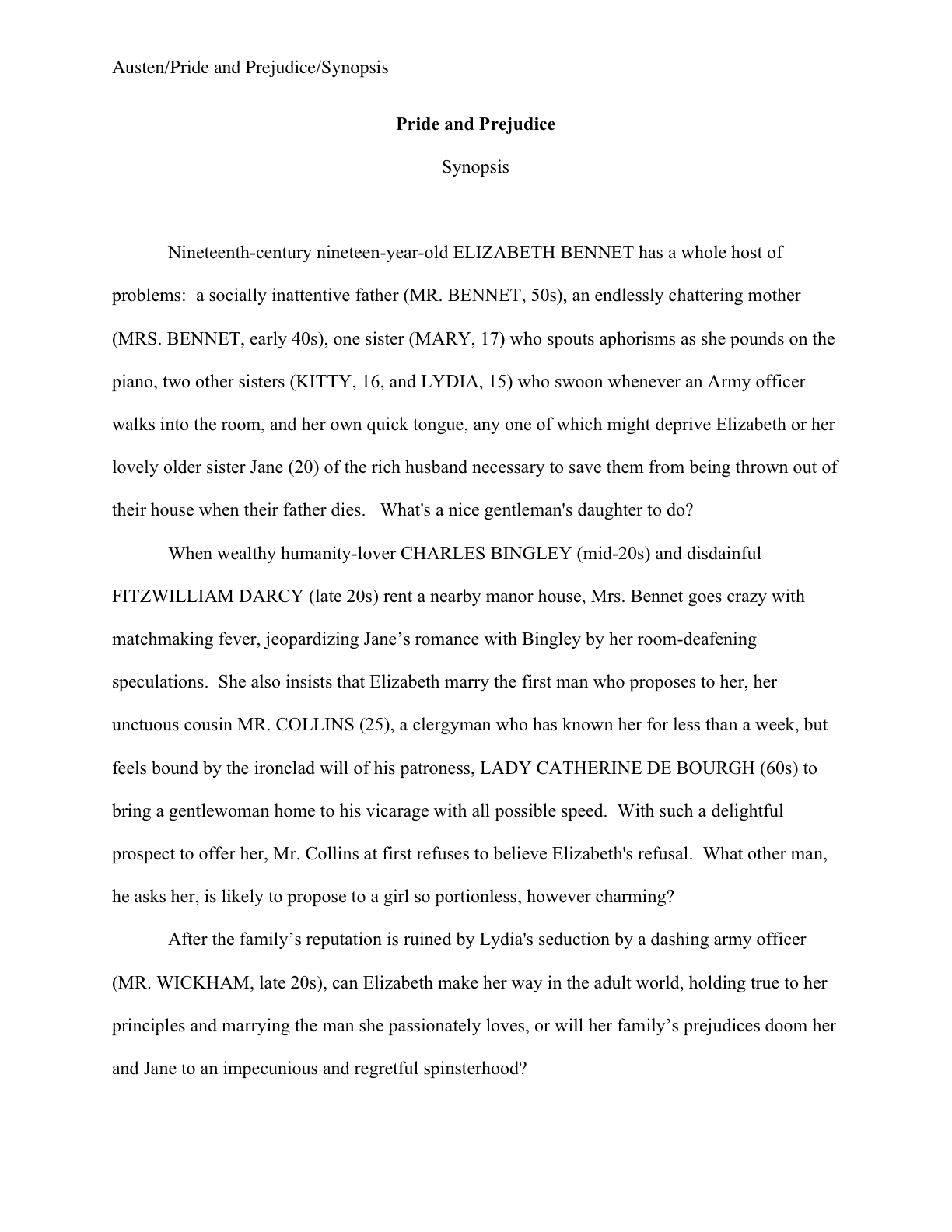



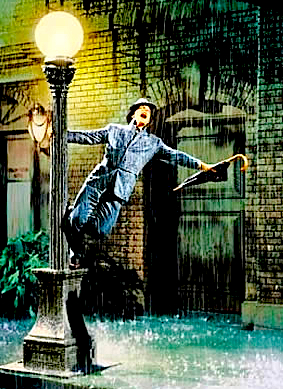
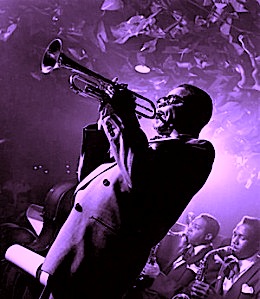

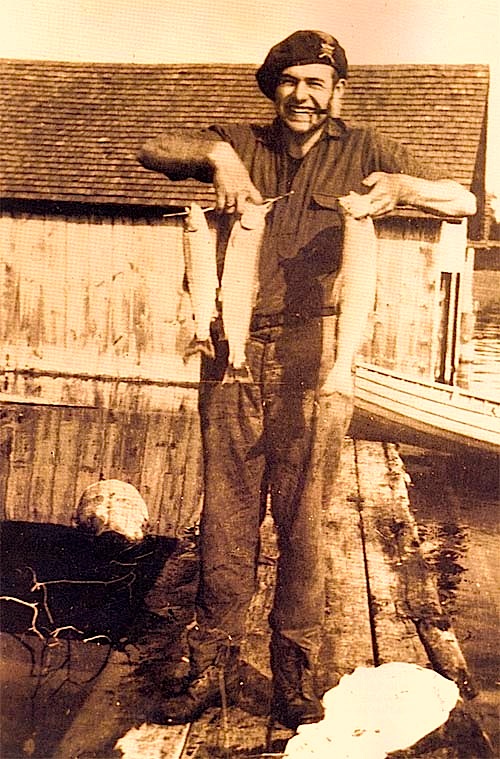
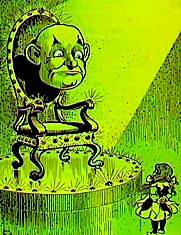

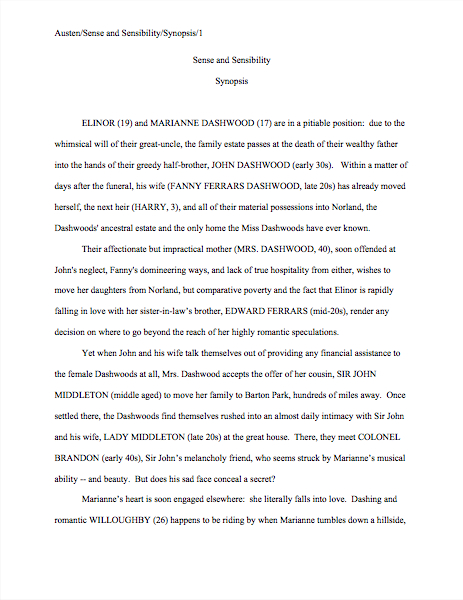
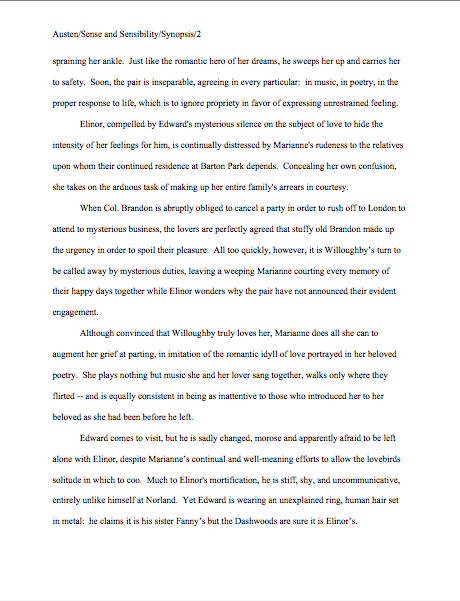
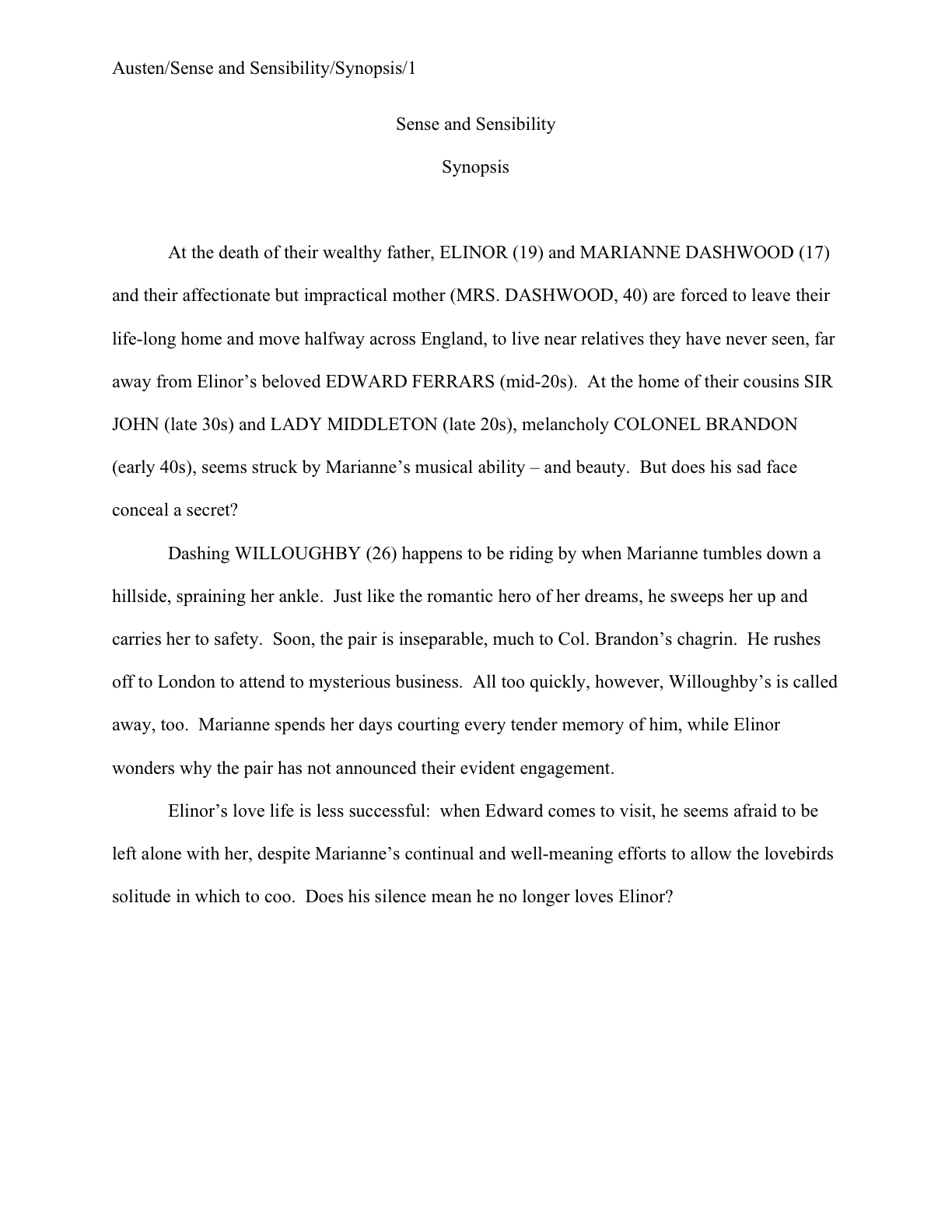

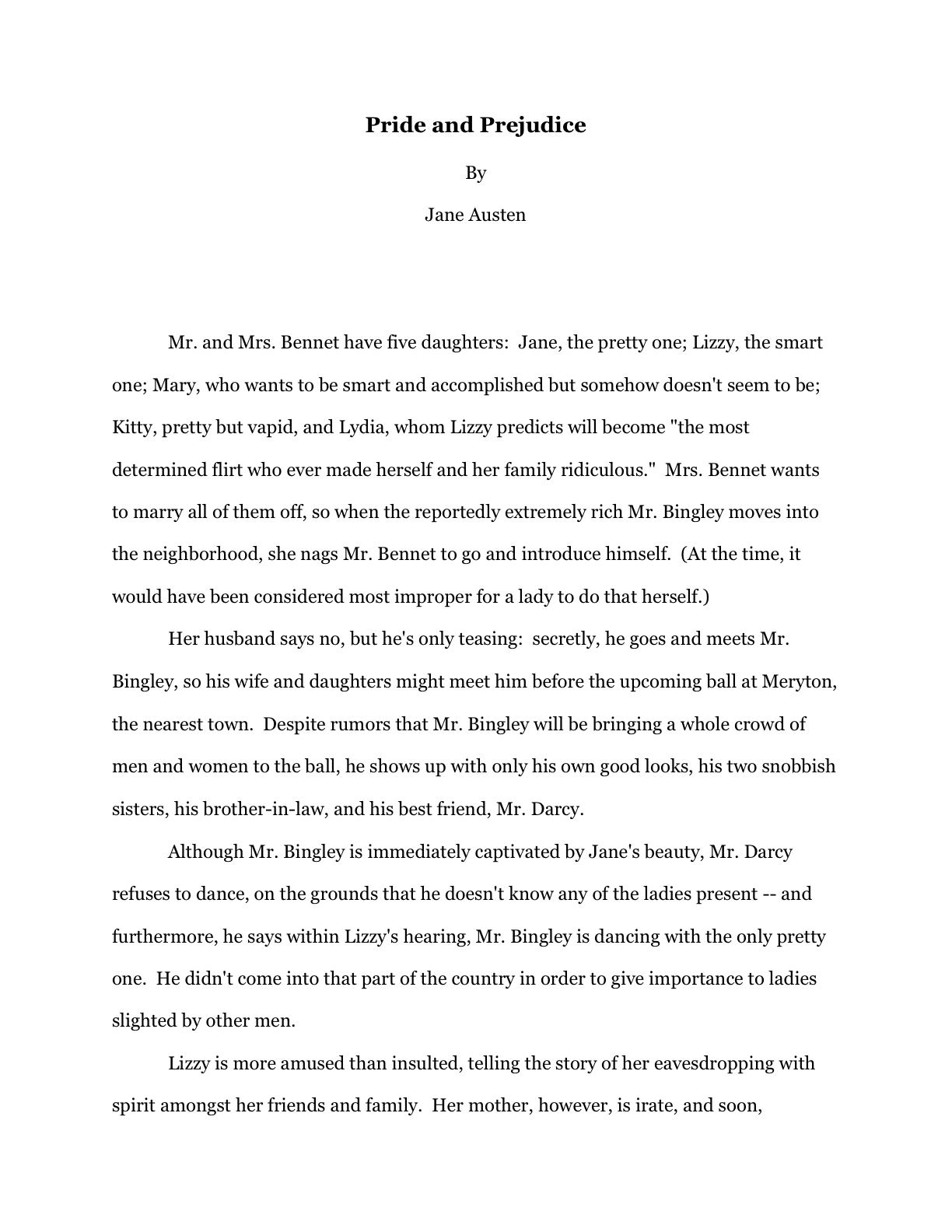
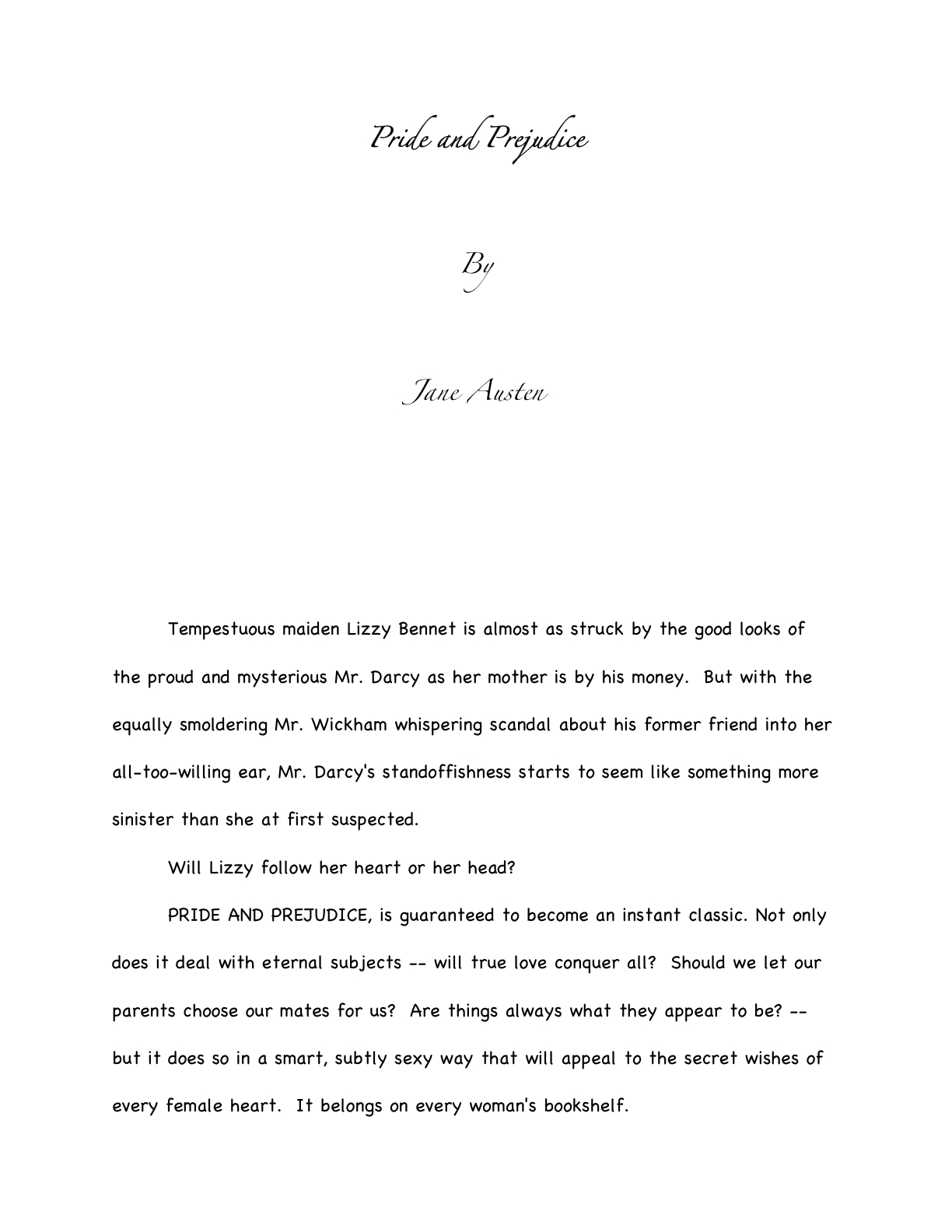







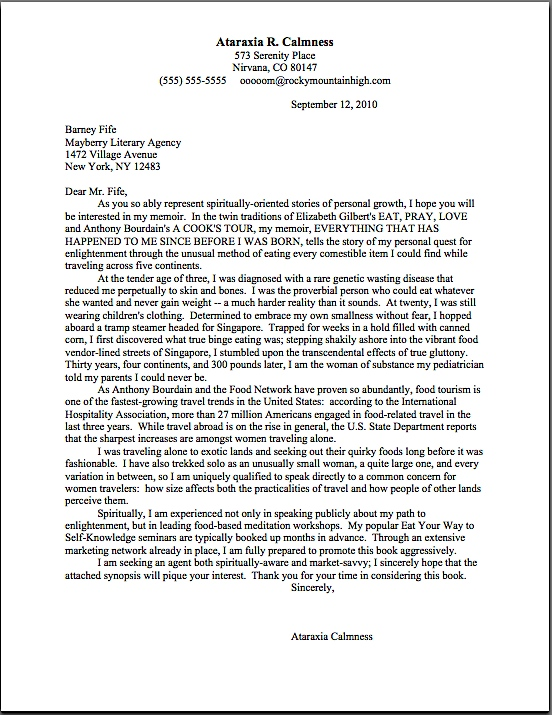
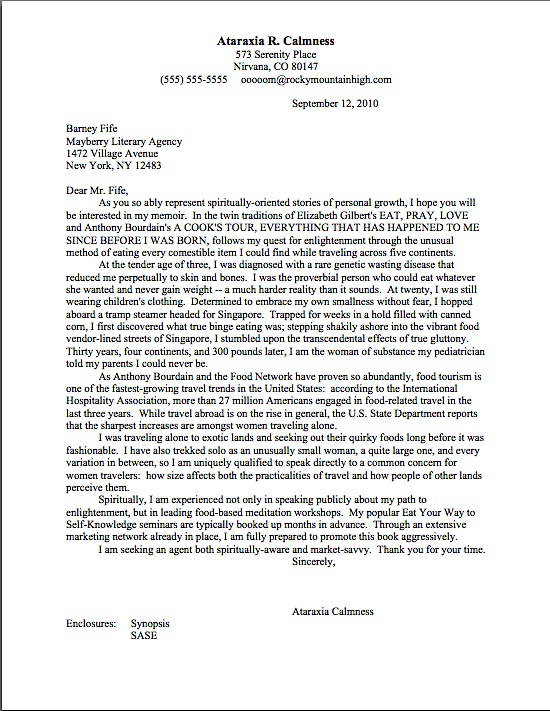
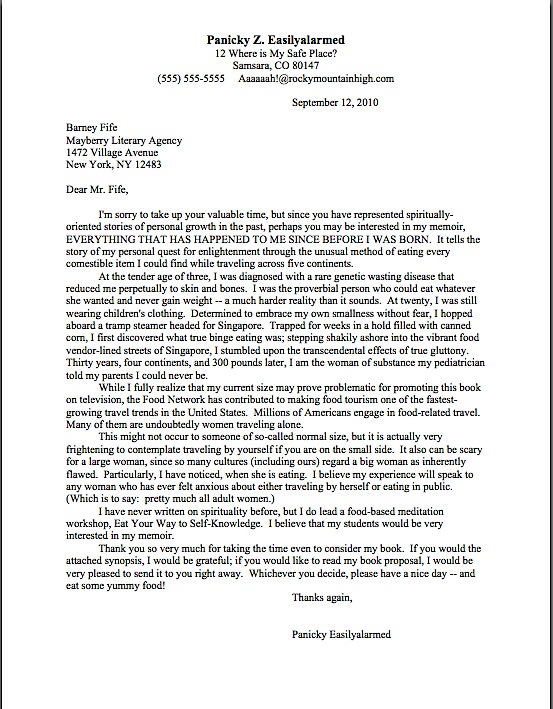
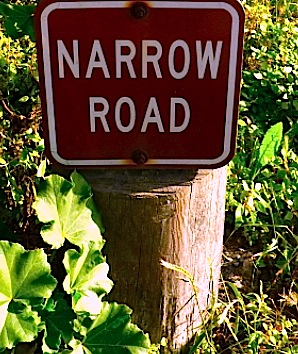
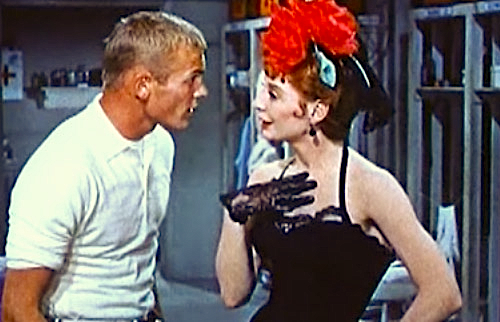

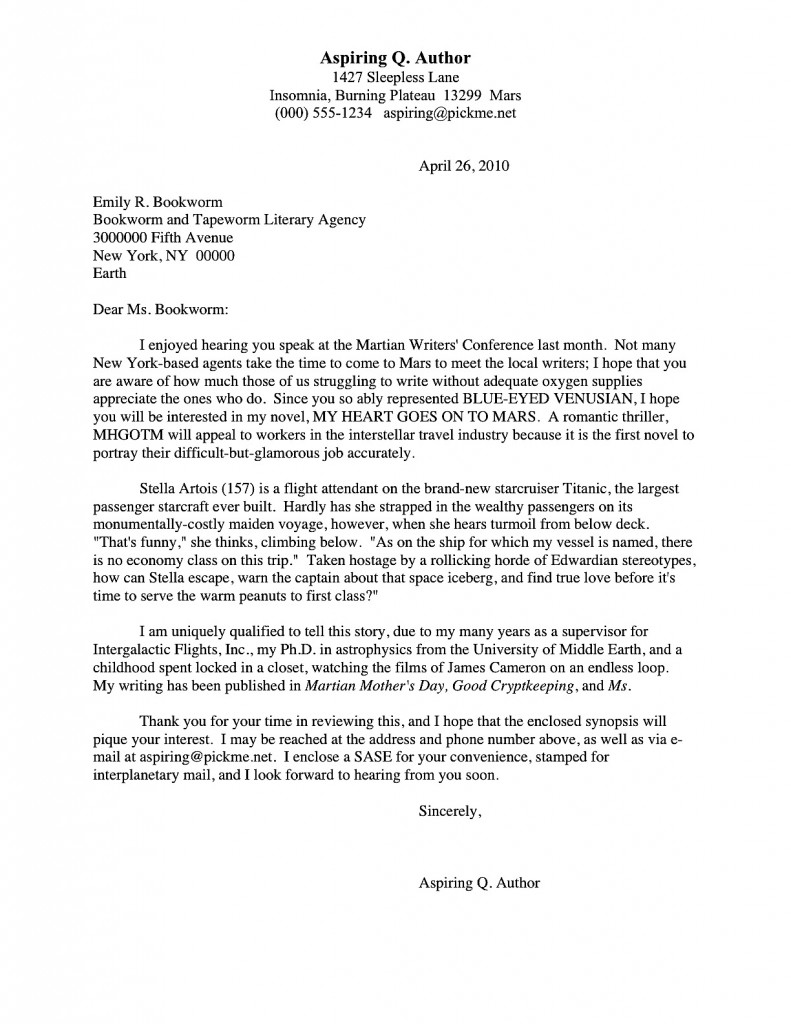
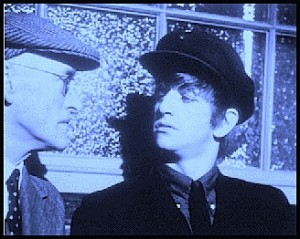
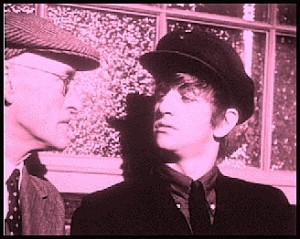
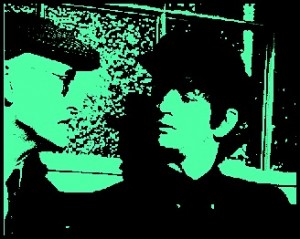
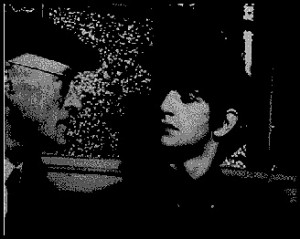
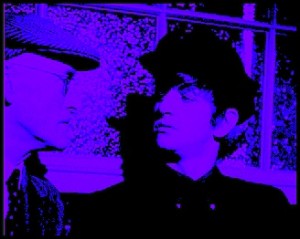
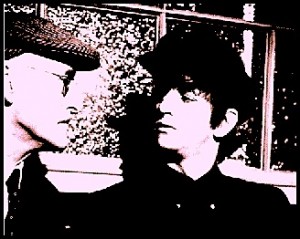
 Like any other reader, individual agents have individual likes and dislikes. As a logical result, there is no such thing as a query letter that will please every agent currently in practice.
Like any other reader, individual agents have individual likes and dislikes. As a logical result, there is no such thing as a query letter that will please every agent currently in practice.


